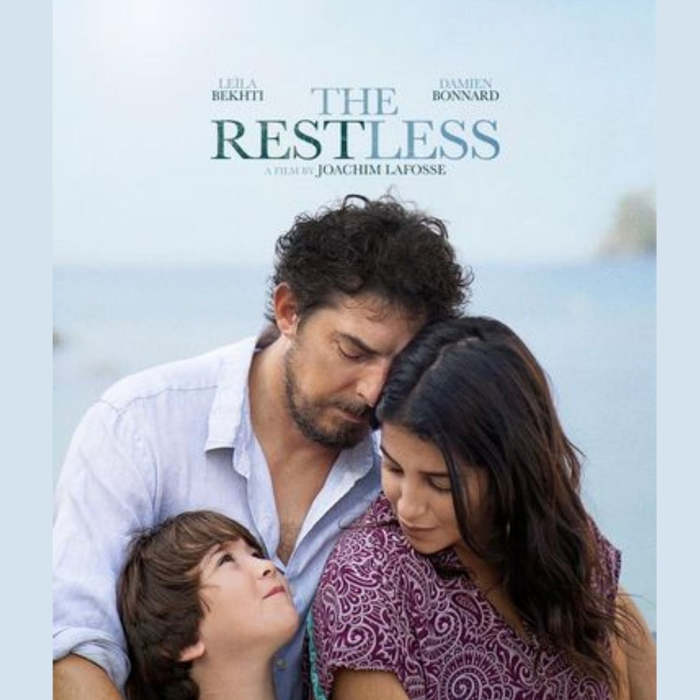
It is no secret that being a couple takes a lot of work. It requires trust, patience, compromise and a whole range of life skills. But sometimes turbulence occurs. Conjugation therapy sets in.
The couple as a challenge
The people of the 20th century did not invent the concept of the conjugal couple. In history in general, we see that this notion is extremely old. The couple is a clinical entity in its own right, with its own dynamics, codes and habits. To form a couple is to create a new territory of intimacy around this entity which is beyond us, but at the same time, it is to open up our own individual territory of intimacy to the other and to the couple. This is one of the great challenges of life.
Before committing oneself and being well in a relationship with the other, one must be well with oneself, know how to be alone and not depend on the other. It will then be easier, once in a relationship, to accept the other's difference, his or her freedom of thought... Living as a couple also means learning to negotiate constantly, to experience multiple and sometimes antagonistic feelings. The individual, according to his environment, his difficulties, his age group, his limits, changes. We are in perpetual movement. So it is difficult for the other person in any relationship to find his or her way when behaviour and reactions change. But the first criterion of success for a couple is communication, saying the things we feel rather than burying them and thus avoiding the other person's imagination. It's also about listening to the other person, not taking them as a critic and accepting that sharing their feelings with you is theirs and above all, stop positioning yourself as a victim. Respect for the other is, of course, a golden rule for the success of the couple, it is the basis of healthy relationships with, always, the recognition of one's faults. But life in a couple is not a long, quiet river and there are many obstacles.
Crisis or conjugal therapy
Conjugal therapy is a psychological disorder, close to depression, which is usually severe and is the consequence of unsatisfactory marital relations and can lead to suicide. The couple has reached a point where both partners no longer recognise themselves in it. Each misinterprets the other's words and attitudes and often perceives them negatively. Conflicts, if not expressed, always degenerate into latent resentment and eventually lead to a breakdown in communication.
Whenever a painful event is not made explicit, it becomes like a third party between the partners. There is a risk that it will come back later, in another form, in a more or less violent way. Each person then experiences the slightest word from their partner, the slightest gesture, the slightest look as an aggression. Dialogue breaks down, intimacy no longer exists. The crisis phases multiply to become chronic. The couple is on the verge of separation, even divorce. Some abandon ship, but others stay on in spite of the marital suffering. The couple is in crisis and all the reasons are present to approach a therapist, a neutral and informed eye. A step that responds to the imperative desire to leave a suffering.
The couple in therapy
At the consultation, the couple, a system that is being torn apart, arrives with two individuals who have scores to settle. The logic of giving has been replaced by that of revenge. The first emergency is for the couple to get out of the vicious circle of reproach and silence. Instead of focusing on the intimate aspects of the couple, it is better to widen the gaze and observe not only the interactions between the members of the two people who are there but also their context. Macroscope rather than microscope. Why do we need to widen our view? Because if you have a significant pathology, it is rare, even rare, that conjugality is enough to produce this pathology.
It takes more than a couple relationship to cause serious depression. It is also necessary to seek out the families of origin to broaden the point of view, and even the professional affiliations. The therapist helps to re-establish communication, even if this does not solve the couple's problem, but this is a necessary prerequisite. The therapist sets up a framework that allows each person to have their own space and time. The dialogue also helps to understand, when the failure is consummated, to identify the conflict, to examine what went wrong so as not to experience the same disappointments again.
Being heard by each other, even more in what they feel than in the content of what they experience, helps the partners to reach each other. Taking a step back to understand, having the means to express dissatisfaction with the relationship and not with the other. The couple must regain its health by moving naturally from the "I" to the "we": the partners are at the service of the couple when necessary; and sometimes the couple is in the background, to support individual projects. What is their common sphere, what is their priority, what do they want to share are the questions that the therapist can help the couple to ask themselves. The will to overcome their difficulties is a determining factor in the success of the couple therapy.
The couple sculpture
Couple sculpture is a tool used when verbal communication is no longer sufficient, when words have lost their meaning. This psycho-corporal therapy is a new mode of expression, where each of the protagonists will stage the posture that symbolises their couple today and focus on their feelings. The objective is to release physical tensions in order to resolve, at the same time, psychic blockages.
You may also like to read / También te puede interesar leer
Adblock test (Why?)






